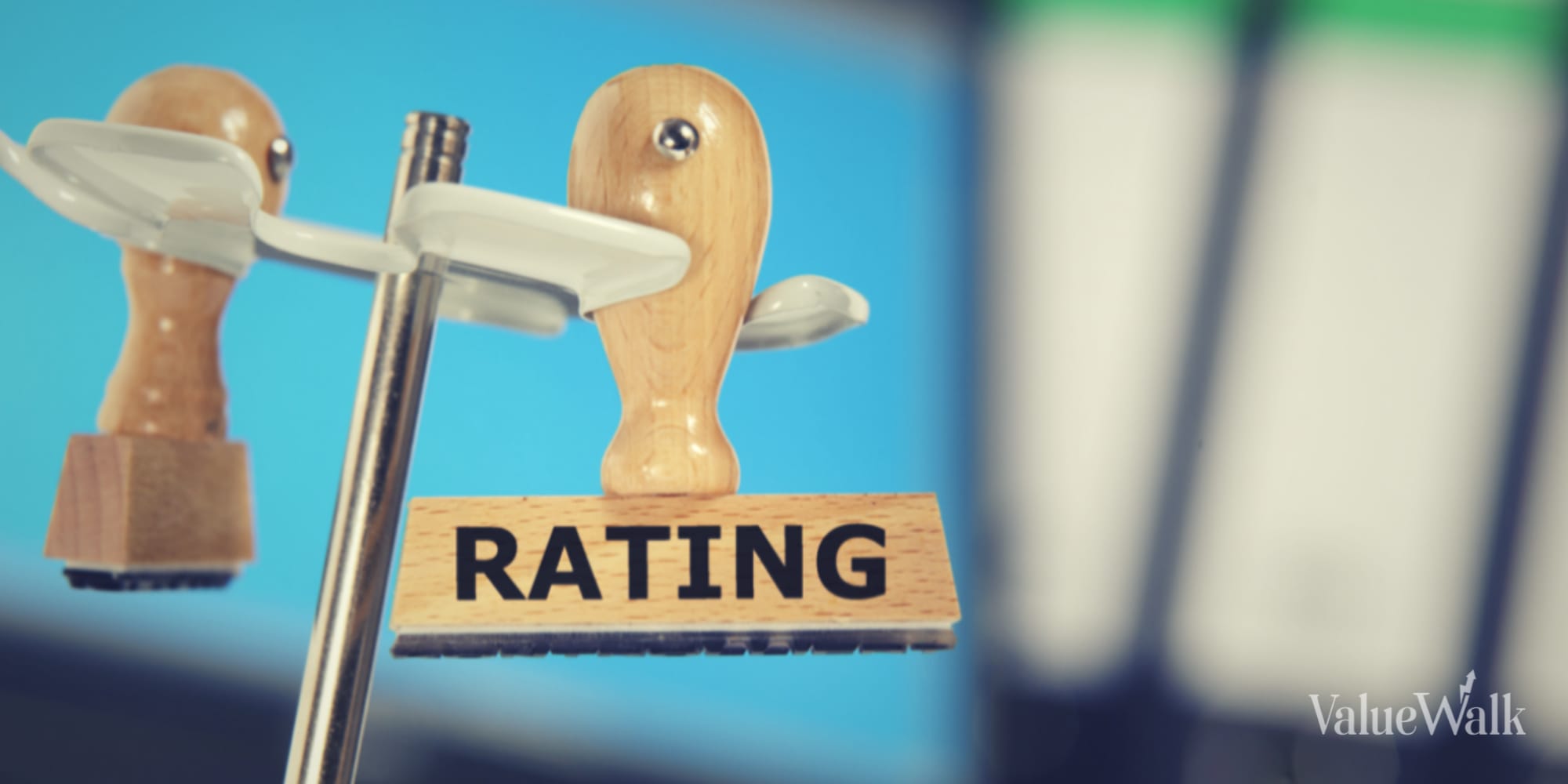In the U.S., an individual’s credit rating can have a profound impact. Beyond one’s reputation, it can also affect their ability to borrow money or even alter their career prospects. What if an entire country’s credit rating gets downgraded?
The consequences of a U.S. credit-rating downgrade can be deep and far-reaching. Yet, many people aren’t aware of America’s standing as a debtor nation.
It’s important to know who does the upgrading and downgrading and what it means for all of us. However, what’s just as significant is the path that led us here in the first place — and what a downgrade could mean for U.S. stock investors as 2024 quickly approaches.
The more things change, the more they stay the same
To put today’s issues in context, we need to hearken back to 2011. In that year, S&P Global downgraded America’s sovereign credit rating from AAA to AA+.
It was a blow to the nation’s ego, to be sure. Yet, it was really an assessment of the government’s creditworthiness rather than an indictment of Americans as individuals.
In 2011, there was deep political polarization, conflict over a looming debt ceiling in Congress, and the prospect of a government shutdown. Now in 2023, some investors may be feeling a sense of deja vu, and for good reason.
There was a government shutdown and the S&P 500 dropped in 2011. However, this turned out to be a terrific opportunity to buy stocks at a discount. Indeed, large-cap stocks have posted outstanding gains since 2011, even with the COVID-19 pandemic occurring along the way.
Thus, investors should already start to get the impression that panic-selling stocks because of a sovereign credit-rating downgrade isn’t a great idea. As usual, it just goes to show that Warren Buffett is right: If you bet against America, you’ll probably lose.
Fitch and the summertime blues
Fast-forward to the summer of 2023, and Fitch Ratings also brought back memories for seasoned investors when it cut the U.S. government’s credit rating (or more precisely, its long-term foreign currency issuer default rating) to AA+ from AAA.
“The repeated debt-limit political standoffs and last-minute resolutions have eroded confidence in fiscal management,” Fitch complained.
As a result, many investors may be starting to feel like this is a movie they’ve seen before. Stock investors might get an ill feeling as Fitch cited “expected fiscal deterioration over the next three years.” However, Fitch is citing a prediction here, not facts. Thus, investors should consider whether they really want to base their portfolio strategy on one firm’s bearish prediction.
Again, America stands on the edge of a fiscal cliff. Even our ultra-divided government has always managed to hammer out an agreement, even if nobody walks away satisfied with the results.
Fitch Ratings alluded to the fiscal cliff but also acknowledged the government’s uncanny ability to kick the proverbial can down the road.
“In Fitch’s view, there has been a steady deterioration in standards of governance over the last 20 years, including on fiscal and debt matters, notwithstanding the June bipartisan agreement to suspend the debt limit until January 2025,” the ratings firm observed.
Should Moody’s put you in a bad mood?
Finally, we come to November, and Moody’s Investors Service deployed descriptors instead of a letter rating, lowering the U.S. government’s ratings outlook from “stable” to “negative.” For what it’s worth, Moody did maintain America’s AAA credit rating, at least for the time being.
“Continued political polarization within U.S. Congress raises the risk that successive governments will not be able to reach consensus on a fiscal plan to slow the decline in debt affordability,” Moody’s declared.
Is it just me, or is there a repeating theme here?
Deputy Secretary of the Treasury Wally Adeyemo disagreed with Moody’s downgrade, surprising no one. Of course, he assured investors that the U.S. economy “remains strong” while touting U.S. government bonds as the “world’s preeminent safe and liquid asset.”
Yet, investors don’t need to hide out in Treasury bonds. If stocks wobble and lurch because politicians can’t find common ground, just remember 2011. It’s much easier to see this in hindsight, but America is strong enough to withstand its elected leaders’ frailties.
Buffett, who’s a more successful investor than all of us combined, surely isn’t losing sleep over the government’s most recent credit downgrade. There will be other downgrades and other crises, and the best investors will seize these opportunities instead of letting ratings dictate their strategies.





